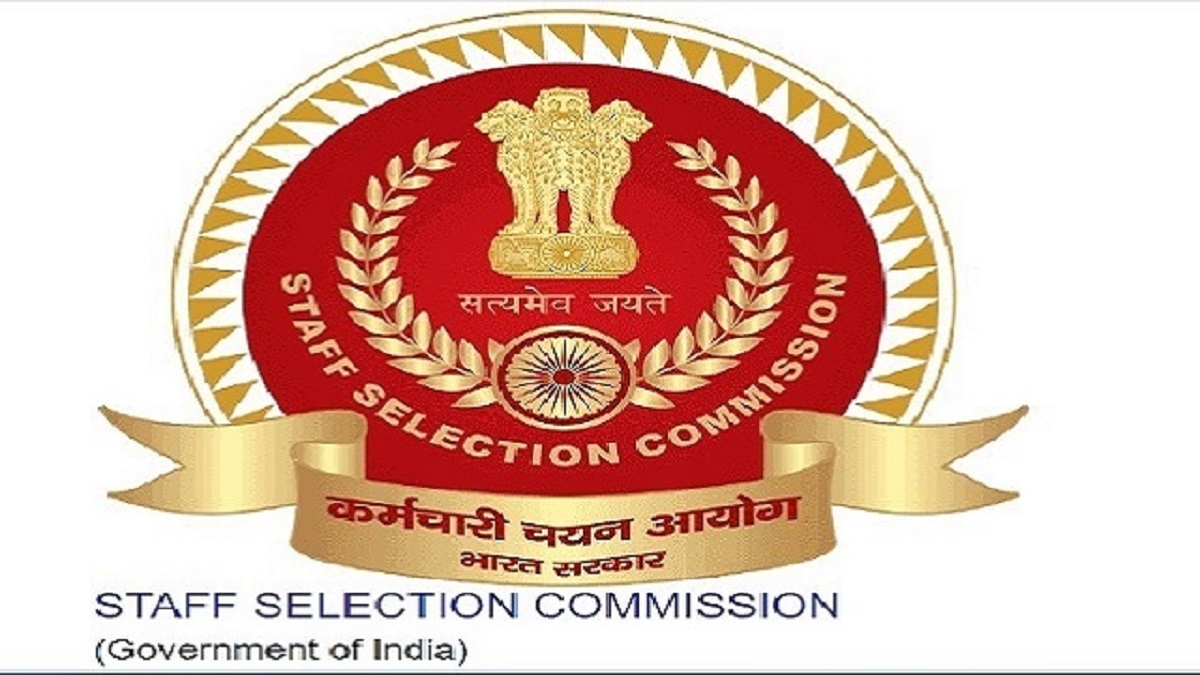SSC Allows Candidates to View Question Papers, Cuts Challenge Fee from ₹100 to ₹50, Introduces Normalization
Measures were implemented during recently held SSC CGL Tier-I Examination, in which around 13.5 lakh candidates appeared. Process for raising challenges will open on October 15.
Staff Selection Commission (SSC) has rolled out a series of reforms designed to make its examinations more transparent, secure, and convenient for lakhs of aspirants across the country.
Officials said these steps balance exam integrity with candidate welfare, as Commission prepares for a busy examination cycle in coming months.
Candidates will now be able to access their own question papers, responses and correct answers after examination. This will help them verify their performance and raise challenges with proper evidence. Restrictions will apply only during multi-shift exams to ensure that question papers of later sessions are not compromised. The Commission has also decided to release selected past papers as official sample sets at regular intervals to provide authentic preparation material.
To reduce the financial burden on candidates, the fee for challenging questions has been cut from ₹100 to ₹50 per question. Along with its existing toll-free helpline (1800-309-3063), SSC has also launched an online feedback and grievance portal for quicker redressal.

Another major change is the introduction of equi-percentile normalization. This system compares candidates on the basis of percentile scores instead of raw marks, ensuring that variations in the difficulty level of different shifts do not disadvantage or benefit any group of candidates.
Aadhaar-based authentication has been introduced to prevent impersonation and multiple attempts by the same candidate. Question papers will now be transmitted through a secure digital vault, while specialized IT agencies have been engaged to curb leaks and hacking attempts. Officials said stricter monitoring and disciplinary action against errant centres and candidates are already in place.
These measures were implemented during the recently held Tier-I of the Combined Graduate Level Examination (CGLE) 2025. Around 28 lakh candidates had applied, with nearly 13.5 lakh appearing across 126 cities and 255 centres in 45 shifts. Some centres faced technical issues, and a re-exam for affected candidates has been scheduled on October 14. The process for raising challenges will open the next day, October 15.
Between October 2025 and March 2026, SSC will conduct exams like Combined Higher Secondary Level (CHSLE), Multi-Tasking Staff (MTS), Junior Engineer (JE), Constable (Delhi Police & CAPFs), Sub-Inspector (Delhi Police & CAPFs) and Delhi Police technical cadre exams.
Candidates can download the SSC CHSL question papers of Tier 1 exam using the process shared below-
- Visit ssc.gov.in.
- Click on the answer key and question paper link released by the commission.
- Click on the answer key link given inside the notification.
- Login using roll number and password.
- Download the question paper, answer key and response sheets.
Officials said reforms in place will ensure that these are conducted fairly and efficiently. To improve direct communication, SSC has also launched its official handle on X (@SSC_GoI) and urged aspirants to rely only on verified announcements instead of unverified information circulating online.
Read More:
Follow Shiksha.com for latest education news in detail on Exam Results, Dates, Admit Cards, & Schedules, Colleges & Universities news related to Admissions & Courses, Board exams, Scholarships, Careers, Education Events, New education policies & Regulations.
To get in touch with Shiksha news team, please write to us at news@shiksha.com

Abhay Anand is an experienced education journalist with over 15 years in print and digital media. Currently serving as Manager- Editorial at Shiksha.com, he specializes in higher education policy, student mobility,
Read Full Bio
A: SSC CGL syllabus will be defined separately for all the tiers of exam. The SSC CGL Tier 1 Syllabus has the following sections.